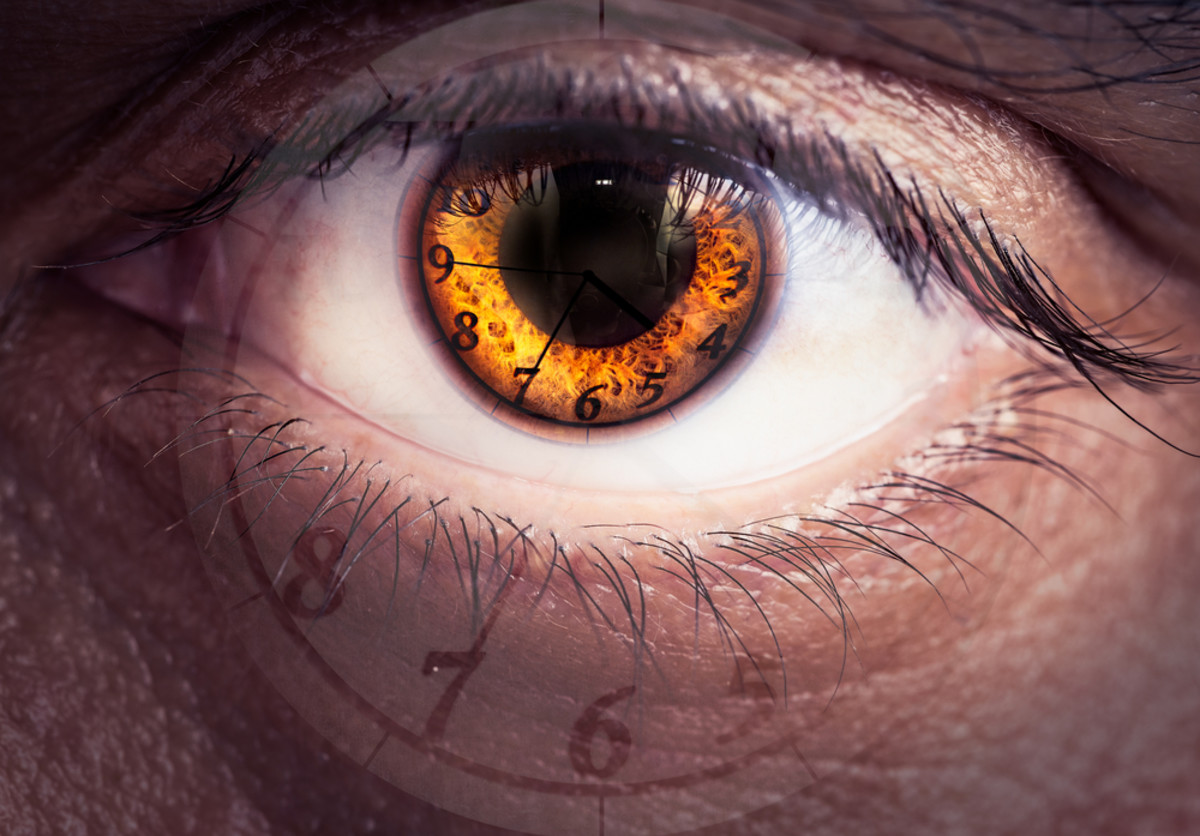The Deja vu Experience



French For "already seen"
Do you have the feeling you’ve read this story before? If so, that’s a perfect example of déjà vu.
Déjà vu is a French term translated as “already seen.” It can best be described as a sense of familiarity or overwhelming feeling you’ve been at a place doing the exact same thing before. A lot of people have occasionally had the same experience…of what we are saying and doing having taken place at a different time.
Research has shown as much as 70 % of people have reported experiencing this phenomenon. Theories abound as to why it happens. But it seems to be more prevalent in younger people 15 to 25 years old. It can happen to anyone with or without a medical condition, so there’s much speculation as to its cause.
For instance, some scientists have attributed to a minor form of temporal lobe epilepsy. It supposedly can happen just prior to a seizure. However, this theory isn’t widely accepted. Several psychoanalysts say it is simply a fantasy or figment of one’s imagination. This idea doesn’t appear to be very popular either. The explanation seems too simple and not very exciting.


Past Life Experience
However, what seems to garner a lot of interest is its’ possibility of being remnants of a past life experience. Many parapsychologists believe just that and feel more investigation is needed.
The experience can be crystal clear and vivid in every detail. But it can also be hazy and difficult to recount, leaving an individual confused. The subject seems to be one difficult to research and has yet to be fully explained.
A lot of people have occasionally had the same experience…of what we are saying and doing having taken place in a different time. In any case déjà vu has had no negative effects on those having the experience therefore the subject has been left largely ignored by some researchers. Regardless it is still a bewildering phenomenon.
Scientifically speaking, the most likely explanation of déjà vu is not "precognition but an anomaly of memory, giving the notion an experience is being recalled. In the past researchers tried to verify a connection between déjà vu and psychopathology disorders such as schizophrenia. However, none were found.
Déjà vu is a common occurrence. Surveys show about one third of the population has had one. Simply put, déjà vu has been described as "familiarity without awareness.”
One researcher holds there are three types of déjà vu experiences. These are, already experienced, already felt and already visited. The first is the most common. It involves a feeling of having done something before and knowing what will happen next. Sensations are often felt through seeing, hearing, taste and touch. The occurrence is often explicitly detailed and connected to everyday activities. The episode can last from a fraction of a second to several minutes and remembered in detail long after the occurrence. It’s commonly felt as an eerie realization everything presently happening has happened before.
The second category varies slightly in that the episode feels more like recovering of information long thought to be forgotten. There is a feeling of satisfaction at having retrieved a memory thought to be lost. It usually does not involve feelings of premonition and the memories quickly fade away.
The third type is rarer event. A person finds themselves in a place they have never been before but finds it strangely familiar. Déjà vu experiences can even be a mixture of the three types.
There are several possible explanations which have been proposed. One theory is simply the brain attempts to create whole scenarios out of small pieces of information. Only bits of sensory information are required for the brain to construct a memory, whether complete or not. A sight, smell or sound similar to one experienced in the past prompts the brain to put together a complete scene. The details are not yet fully understood.
Parapsychologists suggest déjà vu is nothing more than reincarnates getting a sneak preview into a past life.
Some may feel déjà vu is not worth researching as it is just a trick of the brain we must learn to accept into our daily lives. Investigation however, seems to shed more in-depth knowledge of ourselves.









